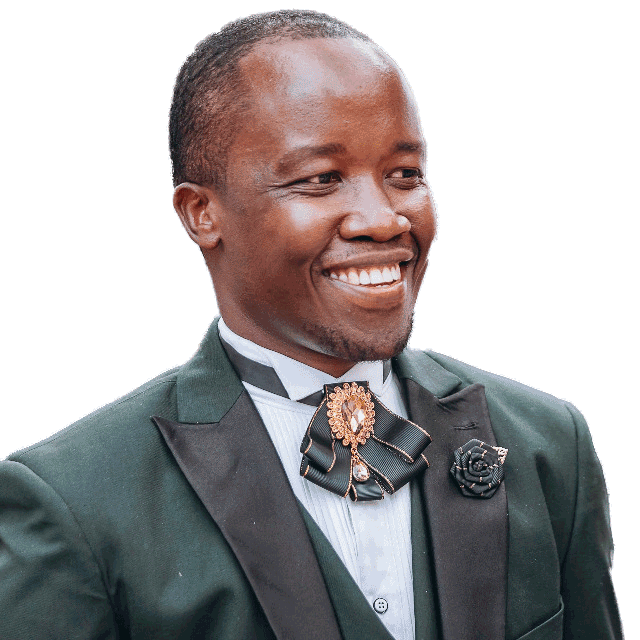When a friend asks me for advice, if I have been through a similar situation, I tell them this is what I would do. If I don’t know much about the subject, I tell them exactly that. I say “I don’t know”.
If the question is a complex one, say questions about life, I always tell them: Read, read, read. I have even compiled a list of the best books I read each year from 2015, and I pre-emptively share them with friends.
Some friends think I am knowledgeable, and some think I am a “know it all”. But I am neither. And I am not alone. The truth is, we know very little about everything. Nobody has figured it all out.
There are two kinds of worlds in this world.
- The physical world that is reality and is defined by physical laws that do not bend nor operate according to our opinions. This world knows neither hatred nor compassion. Say, the circumference of a circle is always pi times the diameter, and no science of man would ever make it otherwise. It has been opined that we might know only about 5% of our universe.
- There are imaginary worlds that exist in our heads. The symbolic worlds in our minds. The societies and cultures we live in. The society where we have structure of statuses and roles, customs and rules for behaviour.
What are we going to do? When I tell a friend to read, I mean is that I want them to peek into the imaginary universes that exist/existed in the heads of brilliant people, who had the courage to know more and also conveyed their findings to us in some manner, say books. You may claim that not all these maps are correct, but I believe they might be more correct than the ones that you currently have in your head.
Reading is like travelling to distant places on Earth or even beyond. The more you read, the more your thought horizon expands. You visit the (imaginary) places you never knew existed. This is a very fascinating, eye opening and life transforming journey. You eventually discover that the answers to your questions are not that unique. And you may learn what you can or can’t control.
Seneca points out this well,
“Of all people only those are at leisure who make time for philosophy, only those are really alive. For they not only keep a good watch over their own lifetimes, but they annex every age to theirs. All the years that have passed before them are added to their own. Unless we are very ungrateful, all those distinguished founders of holy creeds were born for us and prepared for us a way of life. By the toil of others we are led into the presence of things which have been brought from darkness into light…
[…..]
From them you can take whatever you wish: it will not be their fault if you do not take your fill from them. What happiness, what a fine old age awaits the man who has made himself a client of these! He will have friends whose advice he can ask on the most important or the most trivial matters, whom he can consult daily about himself, who will tell him the truth without insulting him and praise him without flattery, who will offer him a pattern on which to model himself.”
I have met people who constantly blame their parents and upbringing for their lack of interest in books. Seneca, once again has the answer for you my friend,
“We are in the habit of saying that it was not in our power to choose the parents who were allotted to us, that they were given to us by chance. But we can choose whose children we would like to be. There are households of the noblest intellects: choose the one into which you wish to be adopted, and you will inherit not only their name but their property too. Nor will this property need to be guarded meanly or grudgingly: the more it is shared out, the greater it will become. These will offer you a path to immortality and raise you to a point from which no one is cast down. This is the only way to prolong mortality — even to convert it to immortality.”
I have found answers for many life’s questions in writings of others. Questions about emotions, human psychology, business, education etc. And one repercussion for reading widely is that you will most likely become a writer yourself. Albert Einstein puts it succinctly,
“It is every man’s obligation to put back into the world at least the equivalent of what he takes out of it.”
And,
“Every day I remind myself that my inner and outer life are based on the labors of other men, living and dead, and that I must exert myself in order to give in the same measure as I have received and am still receiving.”

